Could I Be Low in Vitamin D?


What’s Vitamin D?
Your body uses it to absorb minerals like calcium and phosphorus. That makes your teeth and bones strong. Vitamin D also supports your muscles, nerves, and immune system. You can get it from sunshine on your skin and from eating eggs, fatty fish, and fortified foods like milk and cereal.

Why Might You Need More Vitamin D?
Maybe because your body doesn’t:
- Get enough sunshine
- Get enough from food, especially if you’re vegan or can’t eat dairy
- Absorb vitamin D as well as it should, or it gets rid of it too quickly
Black people in the U.S. typically have lower levels of vitamin D than their white peers, as darker skin has natural sun protection and needs longer sun exposure to make the vitamin. But they are relatively less affected by lack of vitamin D, as measured by weak bones, falls, and fractures.
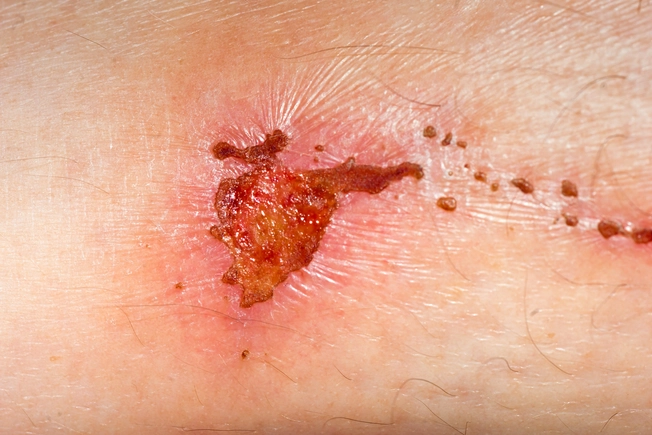
Related: Slow Wound Healing
Wounds don’t seem to heal as fast in people with low levels of vitamin D. That’s particularly true for people with burns.
Research is ongoing to see if vitamin D supplements can help people recover faster from burns and other wounds.
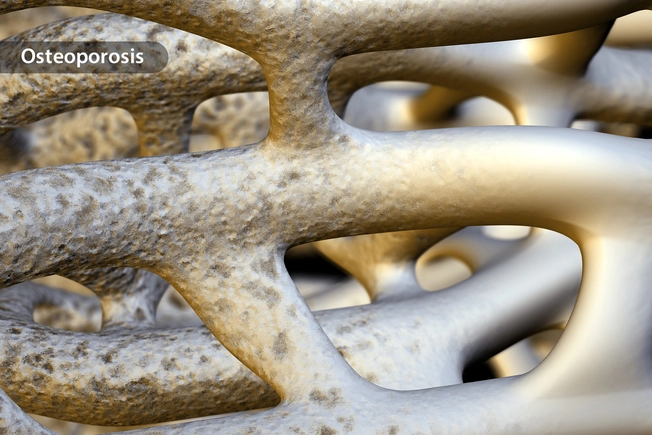
Related: Osteoporosis
It affects a third of women between the ages of 60 and 70 and two thirds of women 80 or older. No single thing causes it, but not enough vitamin D makes it harder for your body to use the minerals it needs to keep bones strong.
In osteoporosis, this means enlargement of natural spaces in the substance of your bones. They become more “porous,” which makes them more breakable.
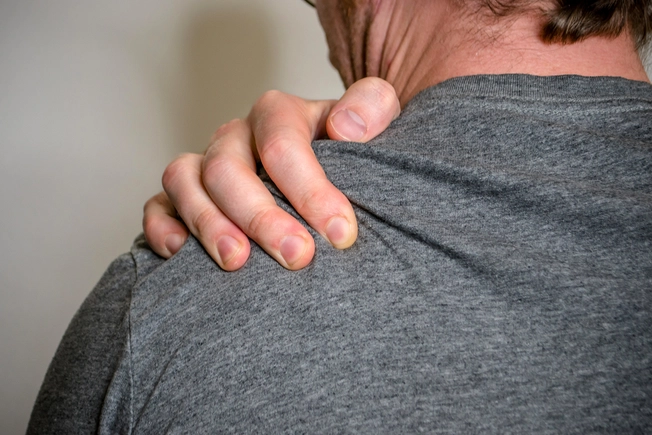
Related: Muscle Pain
People who have pain and weakness in their muscles and bones often don’t have enough vitamin D. In older people especially, weak muscles can raise your chances of falling and breaking a bone. It also may be a sign of osteoporosis. Talk to your doctor if you notice any pain. That could be a warning sign that can go away with vitamin D supplements or changes in diet or lifestyle.
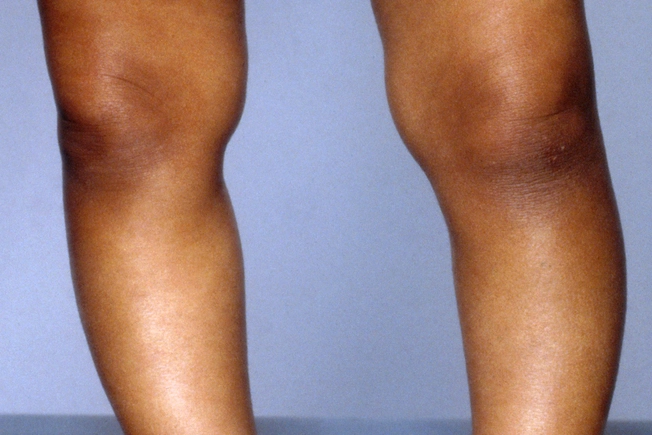
Related: Rickets
In the 1800s, city pollution could be thick enough to block much of the sunlight. This caused low vitamin D levels that led to an epidemic of this children’s disease that stunts growth and softens and misshapes growing bones. More sun and vitamin-fortified foods helped stop it. But you can still get rickets. It’s especially possible in babies born to moms with severely low vitamin D, something more common among African American women.
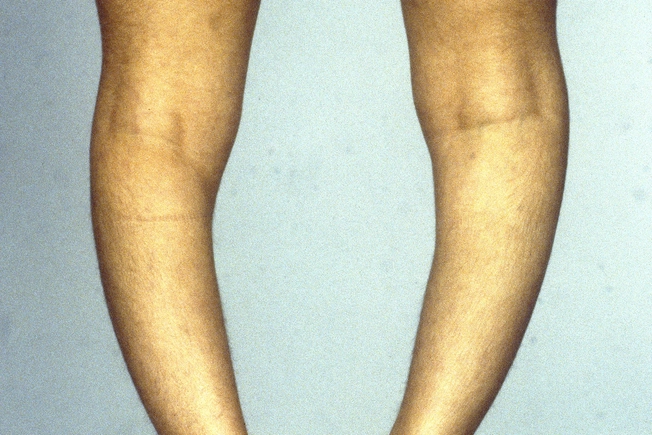
Related: Osteomalacia
Unlike rickets, which is mostly a childhood disease, you can get osteomalacia through adulthood. Even after your bones stop growing, they need vitamin D for repair and maintenance. If your levels stay low for a long time, it can soften your bones. That can cause breaks and other problems, especially in your hips.

Other Related Conditions
There is some evidence that vitamin D levels could have an effect on diabetes (types 1 and 2) high blood pressure, multiple sclerosis, and some types of cancer. Scientists continue to study the relationship between vitamin D and serious illness.

At Risk: Breastfed Infants
There often isn’t enough vitamin D in breast milk to keep infants healthy unless the mother takes a supplement. Rickets happens most often in breastfed children. African American mothers, in particular, tend to start with less vitamin D in their blood. Experts say breastfeeding infants need an extra 400 IU of vitamin D per day.

At Risk: People With Bowel Problems
Your body needs fat to use vitamin D. Inflammatory bowel disease (IBD) and other conditions that affect your gut -- like celiac disease and cystic fibrosis -- make it harder for you to absorb this fat. That can mean you need more vitamin D to keep your levels up. Supplements seem to help.

At Risk: People With Gastric Bypass
It’s a type of surgery that removes part of the stomach or intestines (sometimes both) so that you feel fuller faster and eat fewer calories. After the surgery, it’s harder to absorb some nutrients including vitamin B12, copper, zinc, calcium, and vitamin D. Your doctor will probably track your levels and suggest daily vitamin supplements to keep your levels healthy.
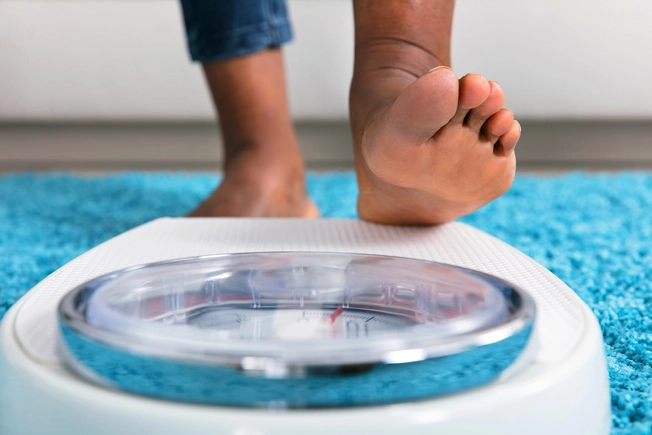
At Risk: People Who Are Obese
If you have a BMI of 30 or more (meaning you are obese), your vitamin D levels are more likely to be lower than someone who isn't obese. It’s not that your skin makes less vitamin D, it’s that the extra fat under your skin keeps more of it and changes the way it goes into your blood. Diet, lifestyle changes, and supplements can help.
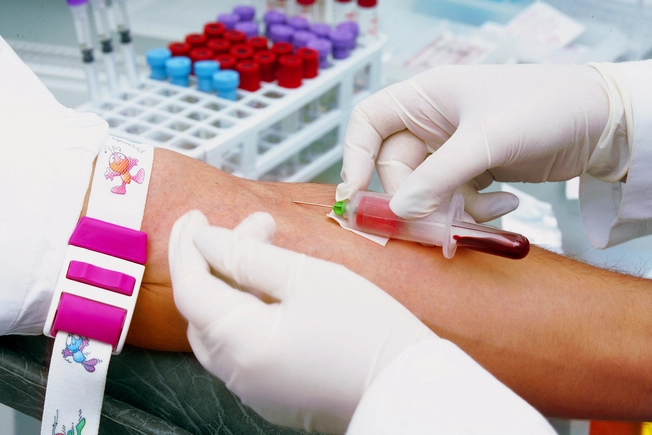
Keep Tabs on Your Vitamin D
A simple blood test can let you know your vitamin D level. Consider a test if you’re homebound, blocked off from sunlight, or have signs of low vitamin D like bone pain, muscle pain, or a condition like osteoporosis.
If you think your levels are low, don’t overdo supplements to make up the difference. Too much can be harmful.